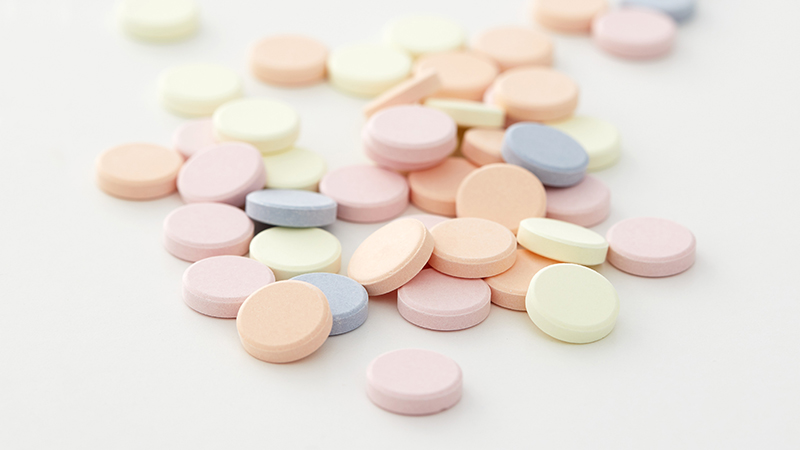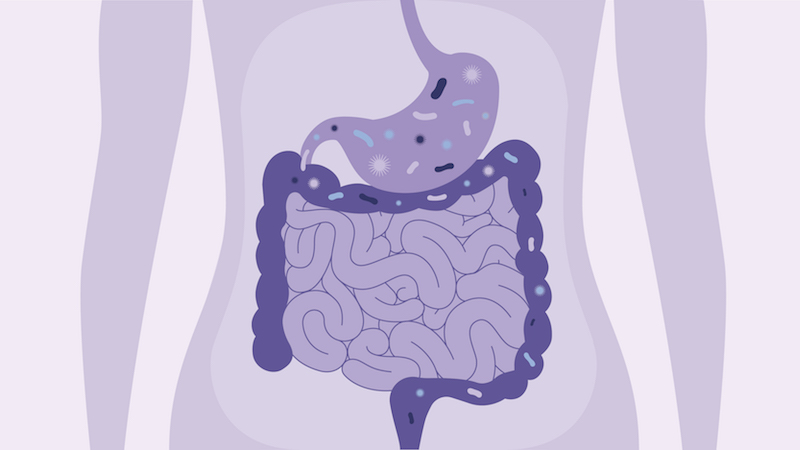Treatments
Gastroesophageal Reflux Disease (GERD) Treatments
Changes in your lifestyle are the first line of treatment for the symptoms of GERD. These lifestyle changes include:
- Avoiding known trigger foods for GERD, which generally vary based on the person
- Losing weight to reduce pressure on your abdomen
- Quitting smoking
- Wearing loose-fitting clothes
- Eating small, frequent meals instead of a few large meals
- Eating slowly and chewing thoroughly
- Avoiding lying down sooner than three hours after a meal
- Elevating the head of your bed six to eight inches
Medications
If lifestyle and diet changes do not resolve your symptoms, your physician might want you to take medication. There are many medications that can help alleviate the pain and discomfort of GERD. Many of them are over-the-counter medications, such as:
- Antacids – Alka-Seltzer®, Maalox®, Mylanta®, Rolaids® and Tums® may relieve mild symptoms of GERD.
- Foaming agents – These medications, such as Gaviscon®, work by covering your stomach contents with foam to prevent reflux.
- Histamine (H2) blockers –These medications offer short-term relief by decreasing acid production in your body. They include Tagamet HB® (cimetidine), Pepcid AC® (famotidine), Axid AR® (nizatidine) and Zantac 75® (ranitidine). They are also available in prescription strength.
- Proton pump inhibitors – Medications such as Prilosec® (omeprazole), Prevacid® (lansoprazole), Protonix® (pantoprazole) and Nexium® (esomeprazole) offer stronger treatment than H2 blockers.
- Prokinetics – Medications such as Urecholine® (bethanechol) and Reglan® (metoclopramide) strengthen your lower esophageal sphincter and make your stomach empty its contents faster. However, prokinetics have a number of side effects that may limit their treatment value.
A combination of medications may be taken to help treat your symptoms of GERD. For example, taking an antacid and an H2 blocker may help by first neutralizing the acid in your stomach (the antacid) and then limiting additional acid production (the H2 blocker). Your physician will suggest the proper combination of medications if this approach is used.
Talk with your physician if you are taking calcium channel blockers, theophylline or anticholinergic medications, which can make GERD symptoms worse.
Surgery
For some people, surgery may be considered instead of long-term use of medications or dealing with physical discomfort. Surgeries for GERD may include:
- Nissen fundoplication – The upper part of your stomach is wrapped around the lower esophageal sphincter to repair a hiatal hernia, prevent acid reflux and strengthen the sphincter itself. This surgery may be performed using a laparoscope. A laparoscope is a thin, lighted tube inserted into your abdomen through tiny incisions.
- LINX® procedure – A metal ring is implanted at the level of your lower esophageal sphincter, which creates a reflux-preventing barrier.
- Northwestern Medicine PREMIER Esophageal Surgical Program – The Northwestern Medicine PREMIER Esophageal Surgical Program is part of the Advanced Esophageal Disease Program, offering a multidisciplinary approach for patients with disabling esophagus-related problems.




